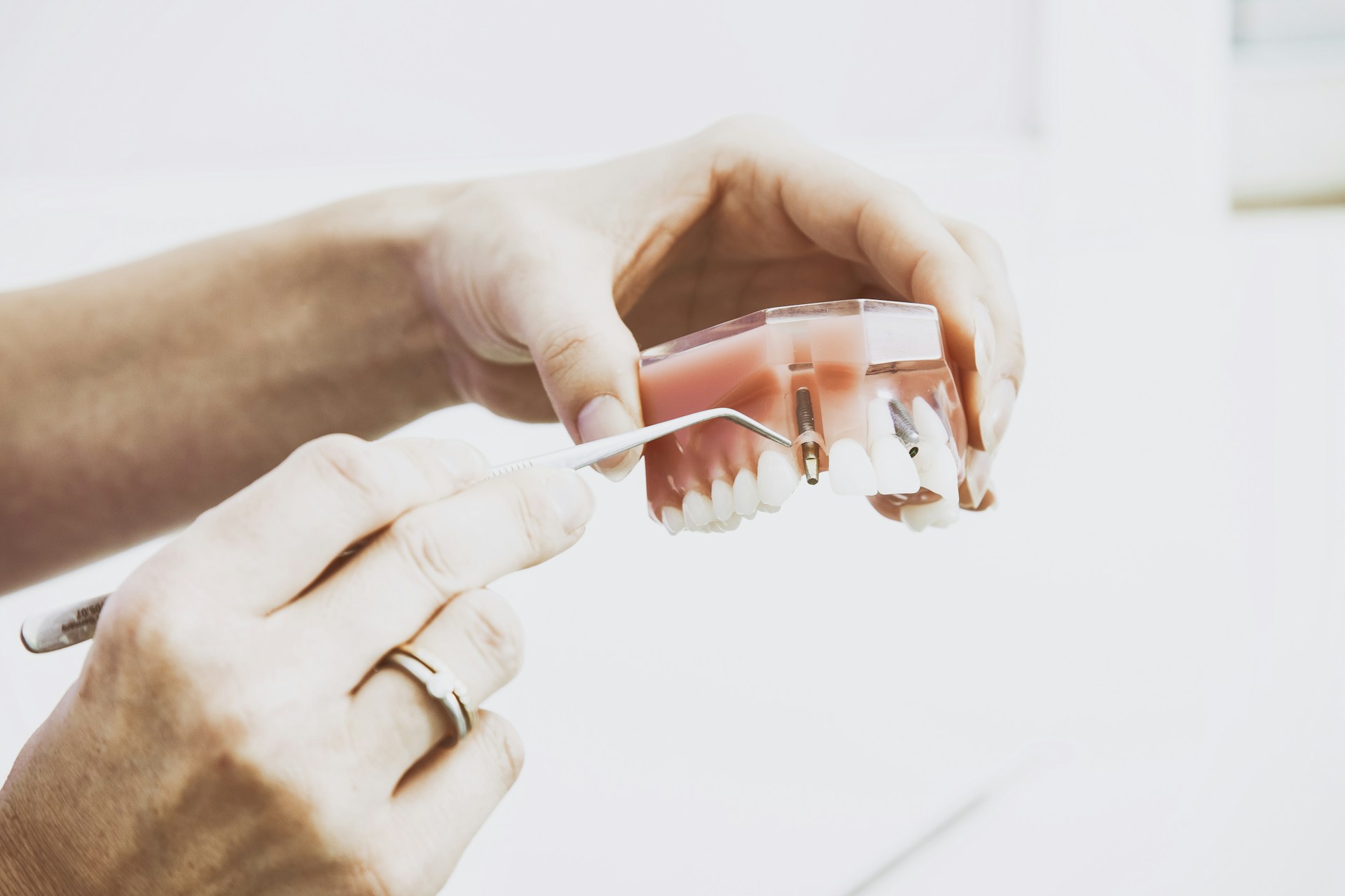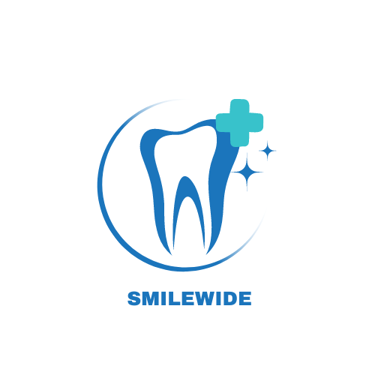SMILE- It costs nothing !!!
Protect Your Oral Health: Quit Tobacco Use to Prevent Oral Cancer and Gum Disease
Quit smoking and using smokeless tobacco to protect your mouth from serious health risks like oral cancer, gum disease, and tooth loss. Consult your dentist for expert guidance on cessation strateg...
4/27/20243 min read
The Dangers of Using Tobacco Products in the Mouth
Using tobacco products, especially in the form of smoking or chewing, poses significant dangers to oral health.
Tobacco contains harmful chemicals that can have detrimental effects on the mouth, teeth, and gums.
In this article, we will discuss the various risks and dangers associated with using tobacco products in the mouth.
1. Increased Risk of Oral Cancer
One of the most serious dangers of using tobacco products in the mouth is the increased risk of oral cancer.
Tobacco contains carcinogenic substances that can damage the cells in the mouth and lead to the development of cancerous tumors.
Oral cancer can affect the lips, tongue, cheeks, gums, and throat, and it can be life-threatening if not detected and treated early.
Studies have shown that smokers are six times more likely to develop oral cancer compared to non-smokers.
Chewing tobacco users are also at a higher risk, as the tobacco is in direct contact with the oral tissues for an extended period of time.
The risk of oral cancer increases with the duration and intensity of tobacco use.
2. Gum Disease and Tooth Loss
Tobacco use is a major risk factor for gum disease, also known as periodontal disease.
The harmful chemicals in tobacco products irritate the gums and cause inflammation, leading to gum disease.
Smoking reduces blood flow to the gums, which impairs the body's ability to fight off infection and heal damaged tissues.
Gum disease can cause symptoms such as swollen and bleeding gums, bad breath, receding gums, and loose teeth.
If left untreated, it can progress to advanced stages and result in tooth loss.
Smokers are more likely to experience tooth loss compared to non-smokers, as the weakened gums and compromised oral health make it difficult for the teeth to stay firmly anchored in the jaw.
Related : gum pain and solutions
3. Stained Teeth and Bad Breath
Using tobacco products can lead to unsightly stains on the teeth.
The tar and nicotine in tobacco can cause yellow or brown discoloration of the enamel, which can be difficult to remove even with regular brushing and professional cleanings.
Smokers often have a distinct yellowish tint to their teeth, which can significantly impact their appearance and self-confidence.
In addition to stained teeth, tobacco use is also a common cause of bad breath.
The chemicals in tobacco products leave a strong and unpleasant odor in the mouth, which can be difficult to mask with oral hygiene practices alone.
This can lead to social embarrassment and affect personal relationships.
4. Delayed Healing and Complications after Dental Procedures
Tobacco use can interfere with the body's natural healing processes, leading to complications after dental procedures.
Smoking, in particular, reduces blood flow and oxygen delivery to the oral tissues, which can impair wound healing.
This can result in delayed healing, increased pain, and a higher risk of infection following procedures such as tooth extractions, dental implants, or gum surgeries.
Furthermore, tobacco use can also negatively affect the success and longevity of dental implants.
Smoking increases the risk of implant failure and can lead to complications such as peri-implantitis, a condition characterized by inflammation and bone loss around the implant.
5. Reduced Sense of Taste and Smell
Using tobacco products can dull the senses of taste and smell.
The chemicals in tobacco can damage the taste buds on the tongue, making it more difficult to fully enjoy the flavors of food and beverages.
Smokers often report a decreased ability to taste and smell, which can impact their overall sensory experience and enjoyment of meals.
Additionally, tobacco use can also lead to a condition called "smoker's palate," where the roof of the mouth becomes thickened and less sensitive to taste sensations.
Using tobacco products in the mouth poses significant dangers to oral health. It is crucial to understand these dangers and make informed decisions to protect oral health.
Quitting tobacco use or seeking professional help to quit is the best way to mitigate these risks and improve overall oral health.


Contact Smiles
drdeepi15@gmail.com
Dr. Deepika B.D.S
© 2025 SmileWide Dental. All Rights Reserved.
Have doubts ..?


